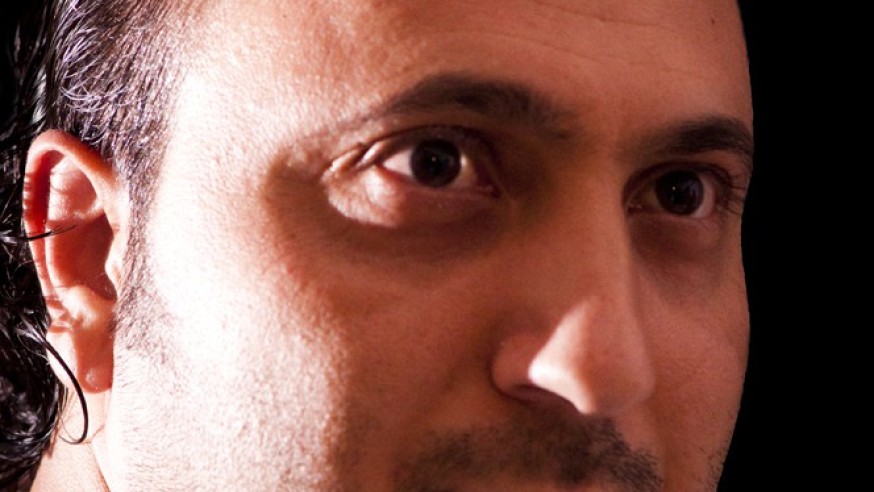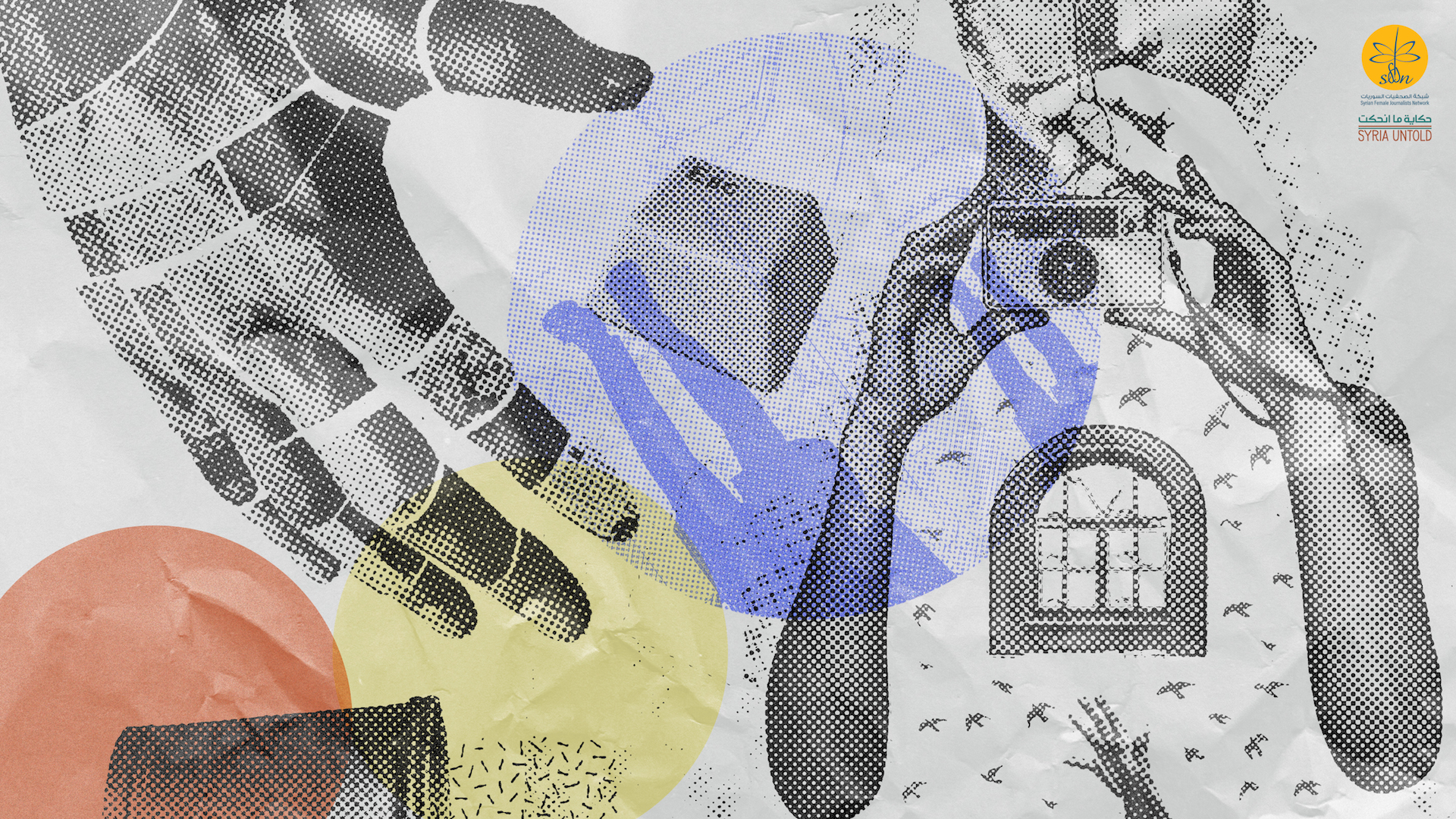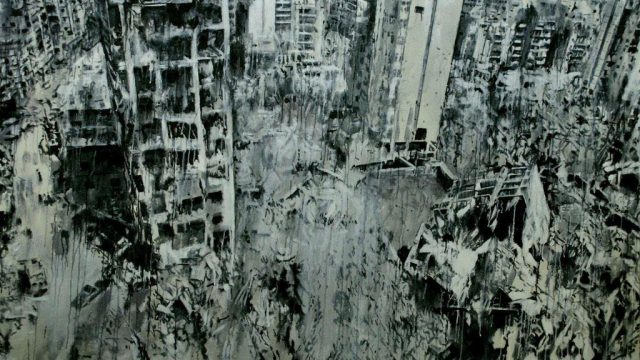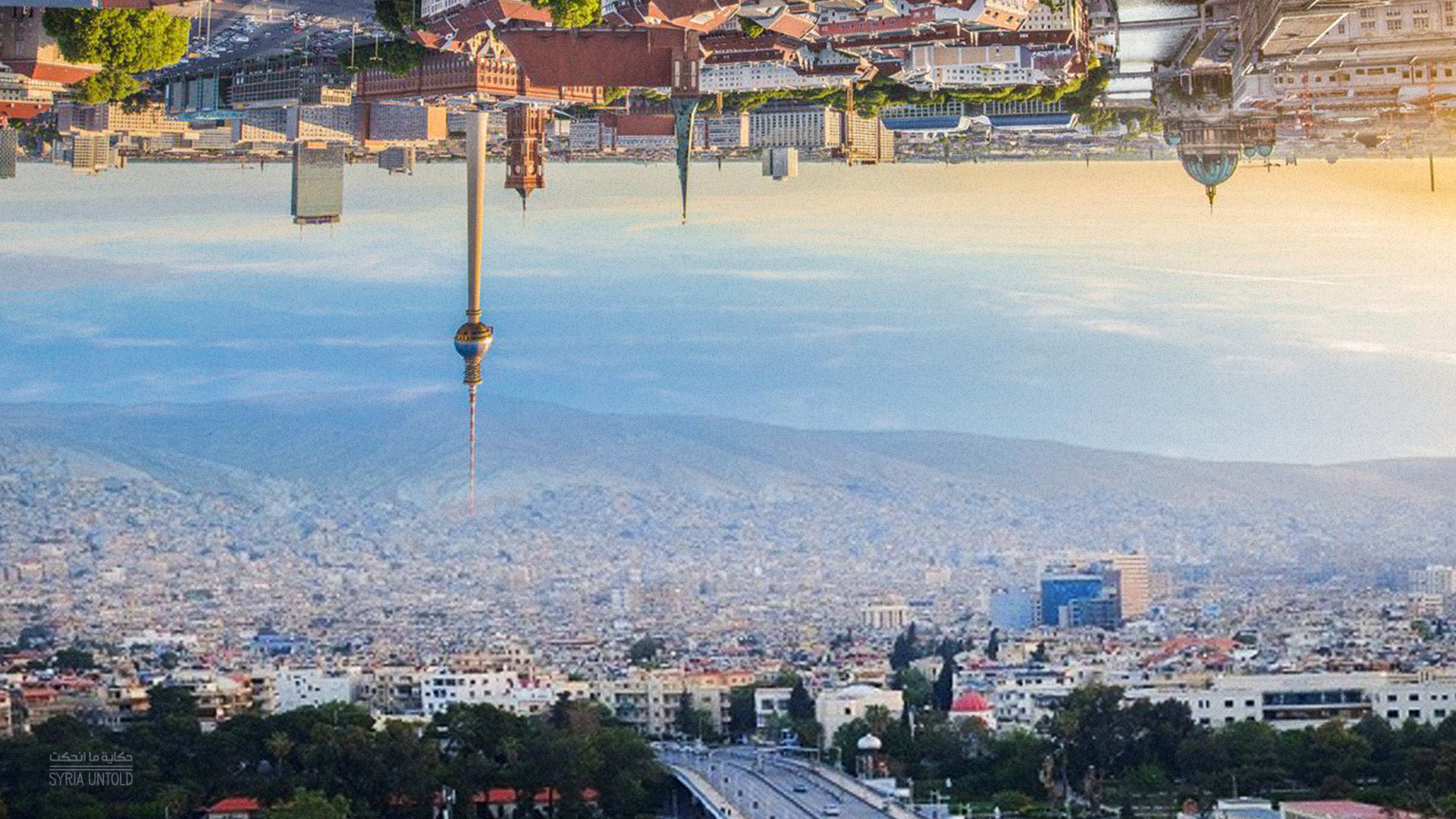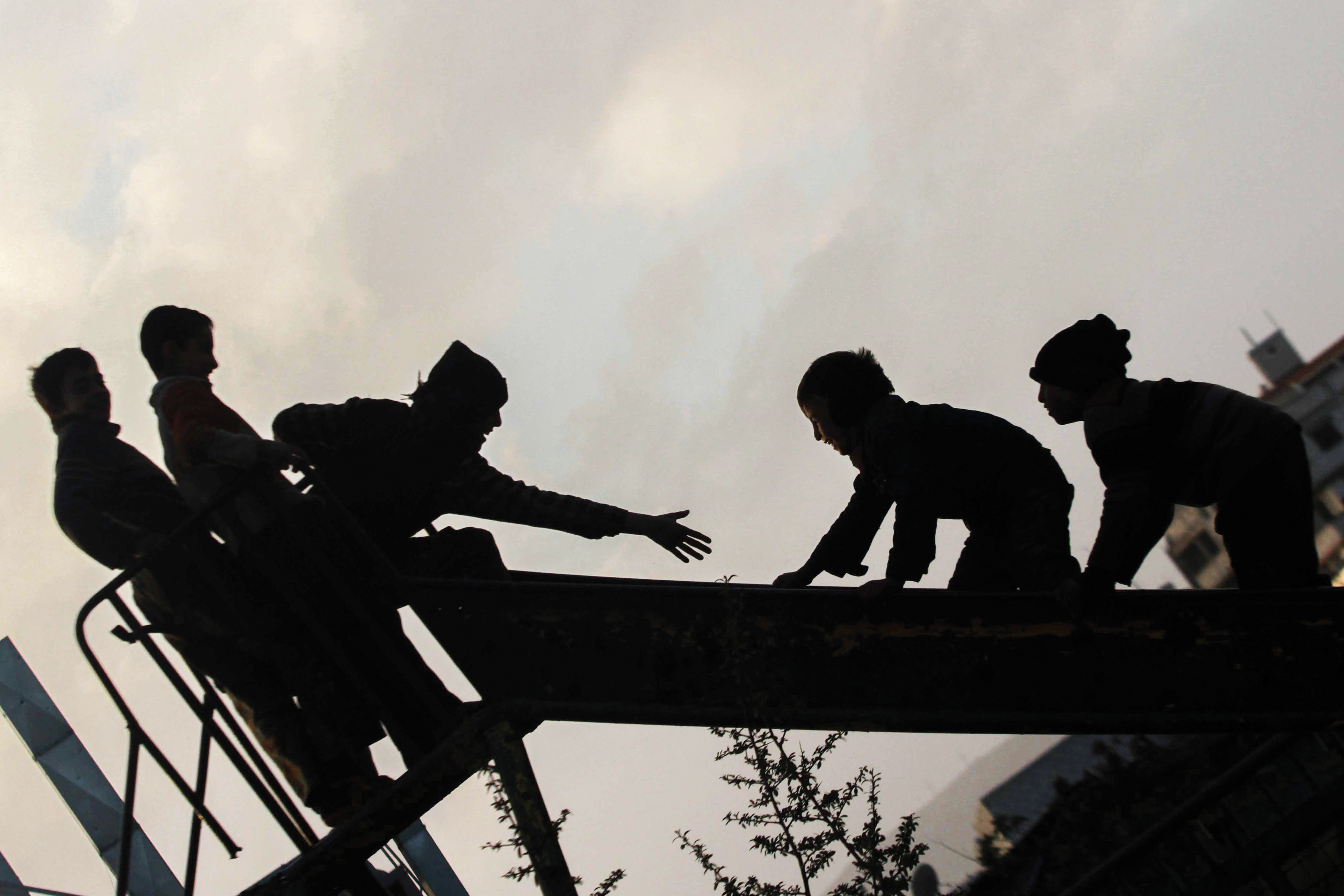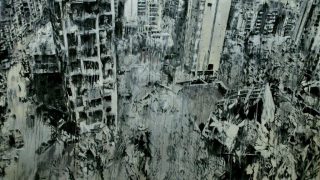I hated my name when I was a child.
I thought the other children in the village had nicer names. Mine was too traditional, not elegant enough. I preferred names like Shadi, Fadi or Mazen. These names were normal; they didn’t bring to mind a specific religion, a nationality or an ethnicity.
Later when we got a TV, I developed a love of anime characters. I used to repeatedly question my mother, to her annoyance: why? Why haven’t you named me after Sasuke or Remi? She usually replied: But what name is better than that of the Prophet?
I didn’t know who she was talking about, just how I didn’t know that my relationship to my name and place of birth would remain turbulent until today, that I would roam around a world that seems to deteriorate each day as if falling into an abyss. It seems the more humanity develops in regards to technology, medicine and astronomy, the more the relationship between humans deteriorates, or at best stagnates. Terrorism, wars, negative attitudes towards refugees, and the rise of right-wing populism. You can detect all of this through the small details that mirror our troubled world, a world that lists you in a specific category or puts a label on you based on your color, your name or your place of birth. As if these categories alone determine who you are, regardless of what you achieve or create.
Raqqa, at the center of the universe
16 August 2020
I often face this when travelling through airports, being a Syrian national on the one hand, and dark skinned on the other. My name also reveals that I was born Muslim. Though I am not religious, I often find myself subject to suspicion. A security officer at an airport in Europe stopped me once. He scrutinized my passport and asked about my visa. Once he saw that I am a journalist and I had a work permit, the suspicious look on his face was replaced with a smile.
Another time, an officer singled me out and used some substance to examine my hands. I still don’t know what it was. He released me, but continued to look at me with distrust. As I walked away, I looked back to see if any of the other passengers were subject to the same procedure, and when I realized I was the only one, I became upset and stayed that way for the rest of my journey. I sat in the plane and my mind wandered back to the country I had fled, and to my mother, blaming her once more for the name she chose for me.
I remembered when I was little, how other children mocked my name. I thought of the person who had my exact same name, and was reported killed in a regime airstrike, a detail that motivated me to start writing my third book, As If Witnessing His Own Death. And I thought of the Syrian revolution, during which my place of birth, not my name, was the reason I survived in the land of tyranny. Did I say survive?
Yes, I was born in a village on the Syrian coast, and it is stated on my passport: “Place of Birth: Tartous.” The majority of this city’s residents are supportive of the dictatorship. I oppose it. However, the fact that Tartous is listed as the place of birth on my passport removed any suspicion I might be a dissident. The members of the security apparatus who manned the checkpoints didn’t suspect a person from a pro-regime community to be an opposition supporter, a fact my friends always capitalized on. I was always asked to sit in the front seat next to the taxi driver. When we stopped at checkpoints, the soldier usually smiled when he read Tartous on my papers, and greeted me: "Welcome my friend, which village in Tartous do you come from?” His smile grew bigger when I answered, and he nodded contentedly and waved us through, sometimes without even checking the ID cards of the rest of the people in the car, and without searching the vehicle. Still, every time that happened my blood ran cold, and I only breathed a sigh of relief as the car drove away from the checkpoint. As the conflict intensified this trick became too risky, and we didn’t use it anymore.
The names game is doubly terrifying in Syria, firstly because of the political tyranny and furthermore because of the society that tends to ascribe you to a specific category based on your name. If you are an Omar, or a Muawiyah or a Bakr, then you are accused of being anti-regime and supportive of the revolution, which means you will most likely be stopped at the checkpoints, searched and insulted. You are presumed guilty until your innocence is proven; until the security officer checks your name to see if you are on the wanted list. Even if you are not, he still has the power to insult you. Your very name gives him the right to do so! After all, you have the same name as his enemies.
From Damascus’ al-Rawda cafe to Berlin’s Einstein cafe, a heartbeat
28 August 2020
And if you were to survive the political tyranny, then it is rather impossible to escape the society stereotyping you based on your name or place of birth. A writer friend, Omar Kaddour, used to joke when he introduced himself to new acquaintances, "Yes, I am Omar, but I am really not that bad!" Omar is a name loathed by some religious minorities in Syria.
Comparing what happens to me at airports these days with what I went through in my country and its tyranny makes me ask new questions. If I have escaped a tyranny that punishes people and remains suspicious of them merely because of different opinions, have I now moved to a country that suspects me of wrongdoing because of my name or my color? Back home I stood accused of freedom. Do I stand here in Germany accused of terrorism? Has the world become so small?
My friend had a baby girl recently in Berlin, and he named her Sofia. I asked why he chose this name for her. “It is a name that fits both in the East and the West,” he told me. “It reveals no ethnicity or religion.”
My friend is certainly trying to save his daughter from future troubles because of her name, but can that be guaranteed? My wife and I are worrying about the issue already. We want a name for our future daughter that doesn’t give away her nationality, religion, or ancestry, a name that doesn’t signify East or West.
But all of our efforts will not necessarily protect her. The world, as we see it in the news every day, is heading in the opposite direction of what we dream of and aspire to.
We still haven’t chosen a name. Humankind has reached far corners of the universe and sent its spacecraft to explore the planets. Is it possible for people to inch closer to fellow people while they both inhabit the same Earth? And what good is discovering the planets otherwise?


